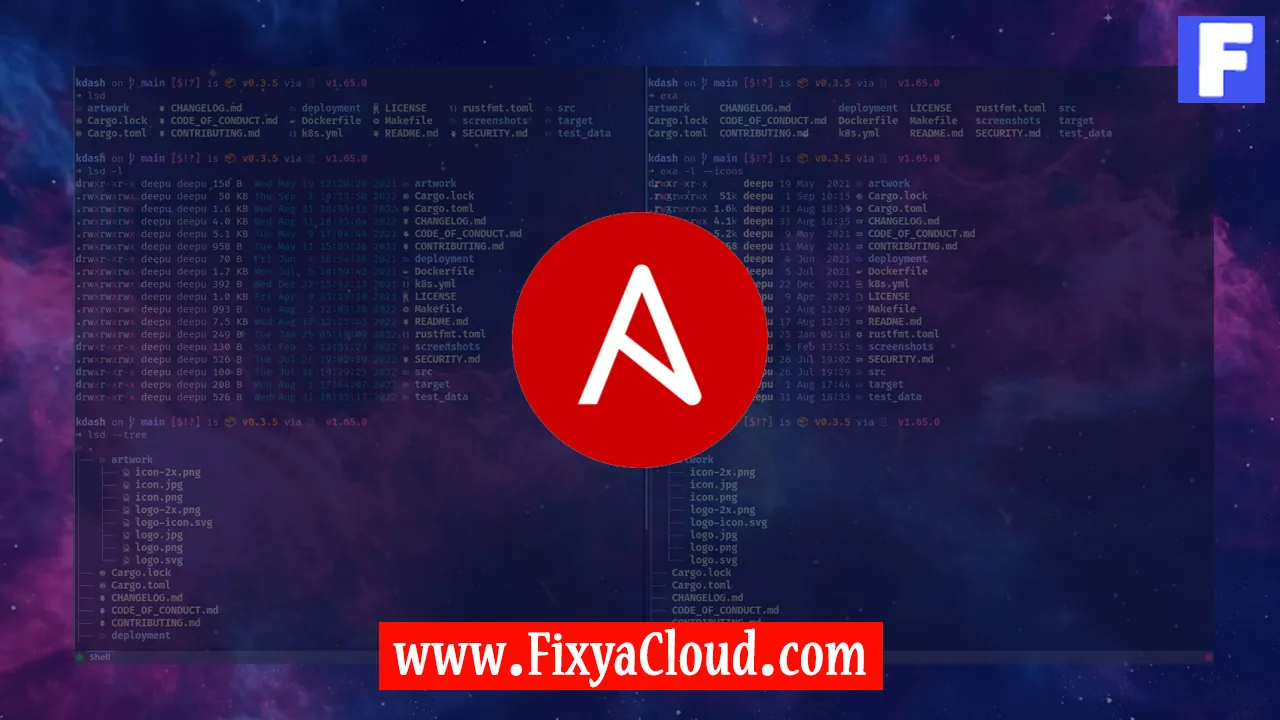Automating Docker Management with Ansible: A How-to Guide

In the ever-evolving landscape of containerization, Docker has emerged as a powerful tool for packaging, distributing, and running applications. However, managing Docker containers across multiple hosts can be a daunting task. This is where Ansible, a powerful open-source automation tool, comes into play. In this guide, we will explore how to automate Docker management using Ansible, providing a step-by-step tutorial to streamline your containerized workflows.
Getting Started with Ansible:
Before diving into Docker automation, ensure Ansible is installed on your control machine. Use the following command to install Ansible on a Linux system:
sudo apt-get update
sudo apt-get install ansible
Setting Up Ansible for Docker:
- Create an Ansible inventory file to specify the hosts you want to manage. Save it as
inventory.ini:
[docker_hosts]
host1 ansible_ssh_user=username ansible_ssh_host=your_host1_ip
host2 ansible_ssh_user=username ansible_ssh_host=your_host2_ip
- Verify Ansible can communicate with your hosts:
ansible -i inventory.ini all -m ping
Installing Docker with Ansible:
Create a playbook to install Docker on the specified hosts. Save it as install_docker.yml:
---
- name: Install Docker
hosts: docker_hosts
become: true
tasks:
- name: Install required packages
apt:
name: ""
state: present
loop:
- apt-transport-https
- ca-certificates
- curl
- gnupg-agent
- software-properties-common
- name: Add Docker GPG key
apt_key:
url: https://download.docker.com/linux/ubuntu/gpg
state: present
- name: Add Docker repository
apt_repository:
repo: deb [arch=amd64] https://download.docker.com/linux/ubuntu bionic stable
state: present
- name: Install Docker
apt:
name: docker-ce docker-ce-cli containerd.io
state: present
Execute the playbook:
ansible-playbook -i inventory.ini install_docker.yml
Managing Docker Containers:
Now that Docker is installed, let's create a playbook (manage_containers.yml) to manage containers:
---
- name: Manage Docker containers
hosts: docker_hosts
become: true
tasks:
- name: Pull Docker image
docker_image:
name: nginx
source: pull
- name: Run Docker container
docker_container:
name: my_nginx_container
image: nginx
state: started
ports:
- "80:80"
Execute the playbook:
ansible-playbook -i inventory.ini manage_containers.yml
Scaling and Updating:
Scale your application by adjusting the replicas parameter:
- name: Scale Docker containers
hosts: docker_hosts
become: true
tasks:
- name: Scale Docker service
docker_service:
project_src: /path/to/docker-compose.yml
replicas: 3
Update your containers:
- name: Update Docker containers
hosts: docker_hosts
become: true
tasks:
- name: Update Docker service
docker_service:
project_src: /path/to/docker-compose.yml
state: present
Automating Docker management with Ansible brings efficiency and consistency to your containerized infrastructure. From installation to scaling, Ansible streamlines the process, allowing you to focus on building and deploying applications. Explore the extensive capabilities of Ansible to tailor automation to your specific needs.
Related Searches and Questions asked:
That's it for this topic, Hope this article is useful. Thanks for Visiting us.
